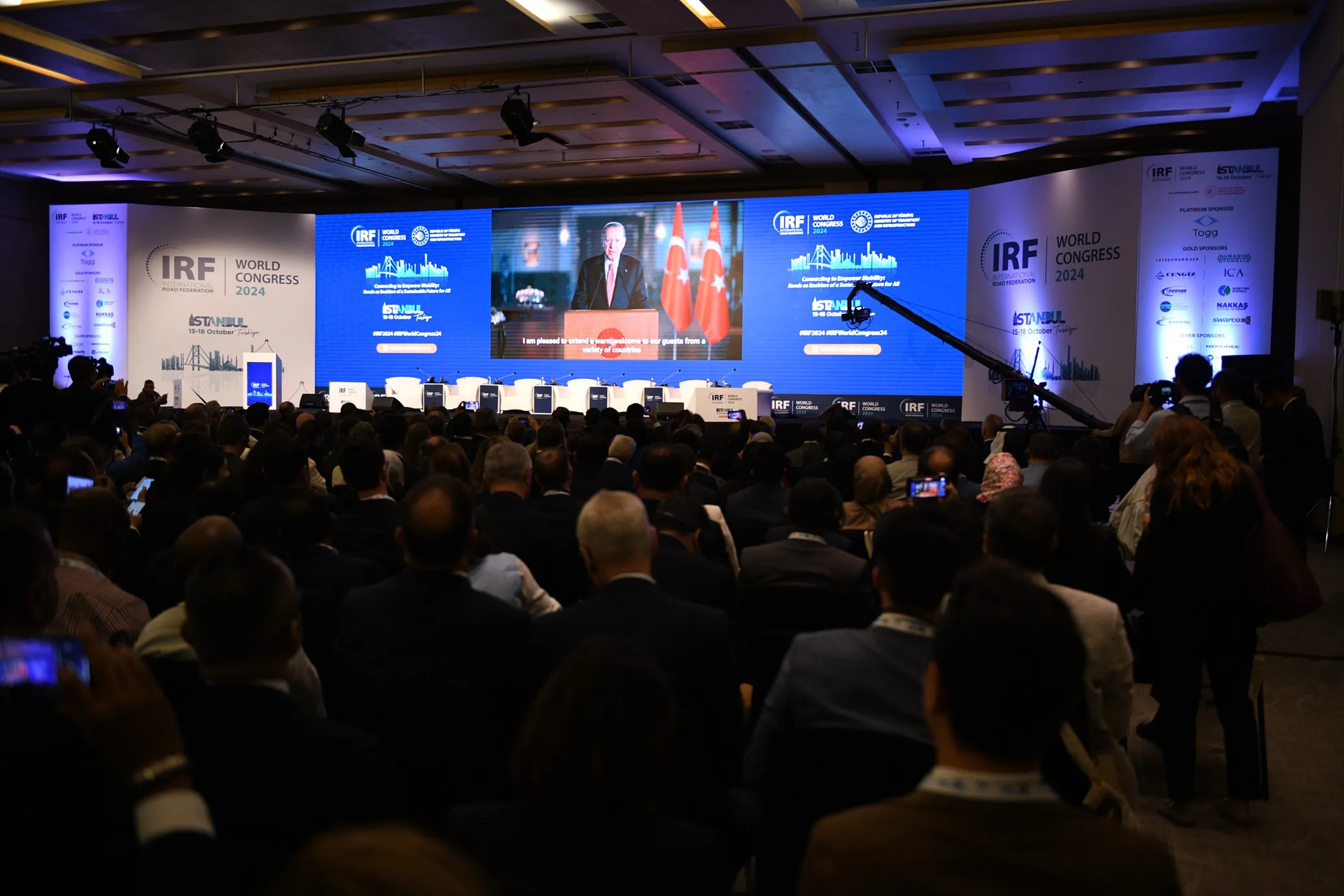Deployment of the European Rail Traffic Management System (ERTMS), an EU-wide railway signalling system is proceeding at a very low-level, according to a new report from European Court of Auditors. In assessing if the ERTMS had been proper planned, deployed and managed, the auditors visited Denmark, Germany, Spain, Italy, Poland and the Netherlands and detected a reluctance from infrastructure managers to invest in the necessary equipment due the expense and a lack individual business cases.
October 6, 2017
Read time: 2 mins
Deployment of the European Rail Traffic Management System (ERTMS), an EU-wide railway signalling system is proceeding at a very low-level, according to a new report from European Court of Auditors.
In assessing if the ERTMS had been proper planned, deployed and managed, the auditors visited Denmark, Germany, Spain, Italy, Poland and the Netherlands and detected a reluctance from infrastructure managers to invest in the necessary equipment due the expense and a lack individual business cases.
There is also no overall cost estimate to establish necessary funding and its sources, while the legal obligations introduced did not cover decommissioning of national rail systems. The report also revealed a lack of alignment with deadlines and priorities included within the EU transport policy.
The auditors make a series of recommendations for the EC, the Member States and the European Union Agency for Railways concerning the assessment of deployment costs; decommissioning of national signalling systems and individual business cases for infrastructure managers and railway undertakings. In addition it identifies the compatibility and stability of the system; the role and resources of the European Union Agency for Railways; alignment of national deployment plans, monitoring and enforcement; improved take-up of EU funds for rail signalling projects; and better targeting of EU funding.
In assessing if the ERTMS had been proper planned, deployed and managed, the auditors visited Denmark, Germany, Spain, Italy, Poland and the Netherlands and detected a reluctance from infrastructure managers to invest in the necessary equipment due the expense and a lack individual business cases.
There is also no overall cost estimate to establish necessary funding and its sources, while the legal obligations introduced did not cover decommissioning of national rail systems. The report also revealed a lack of alignment with deadlines and priorities included within the EU transport policy.
The auditors make a series of recommendations for the EC, the Member States and the European Union Agency for Railways concerning the assessment of deployment costs; decommissioning of national signalling systems and individual business cases for infrastructure managers and railway undertakings. In addition it identifies the compatibility and stability of the system; the role and resources of the European Union Agency for Railways; alignment of national deployment plans, monitoring and enforcement; improved take-up of EU funds for rail signalling projects; and better targeting of EU funding.








